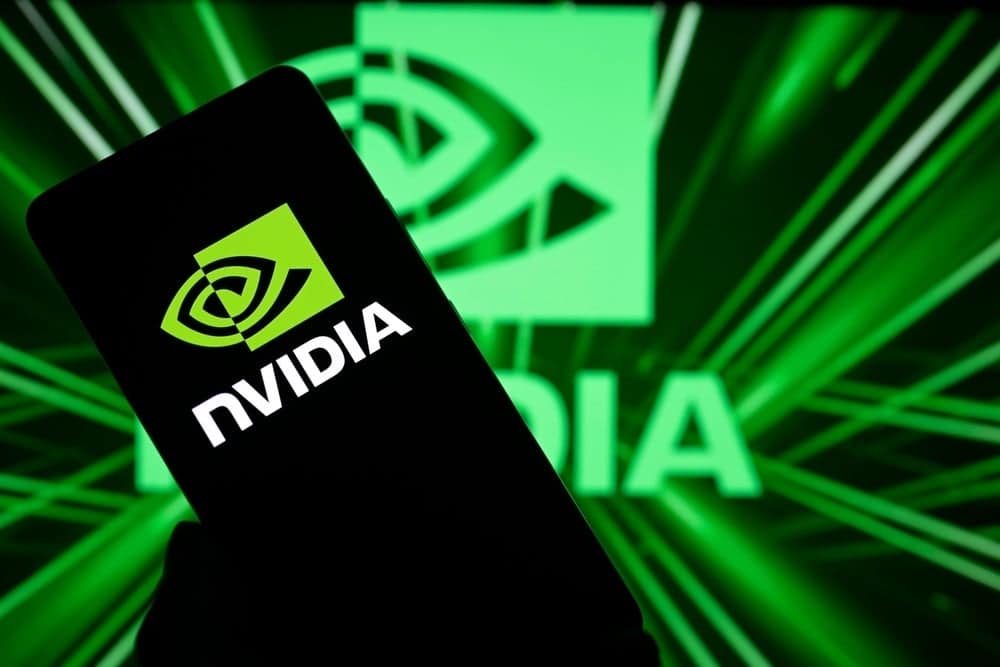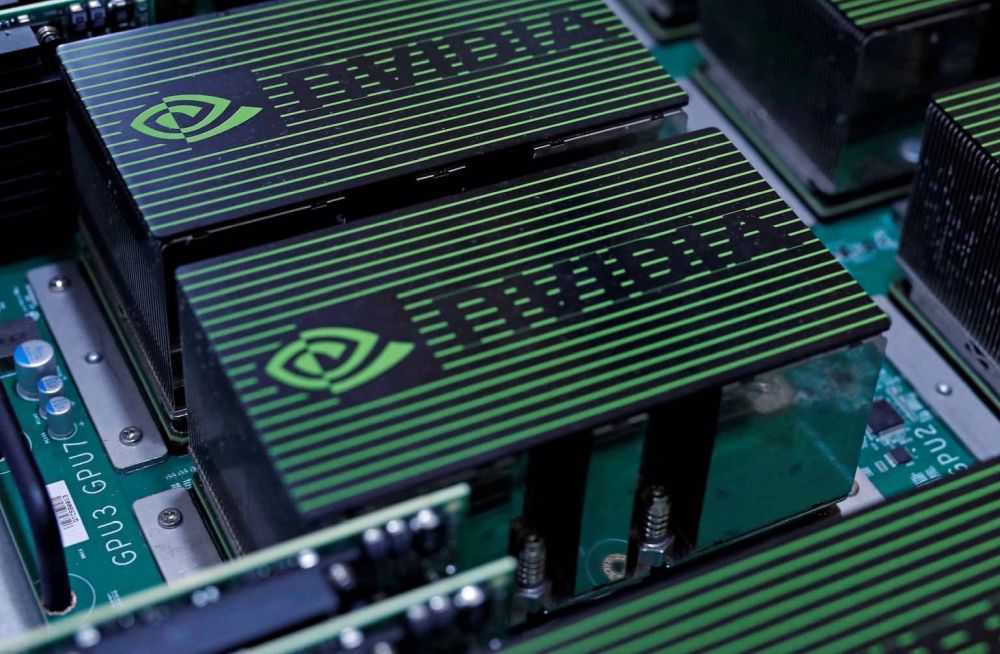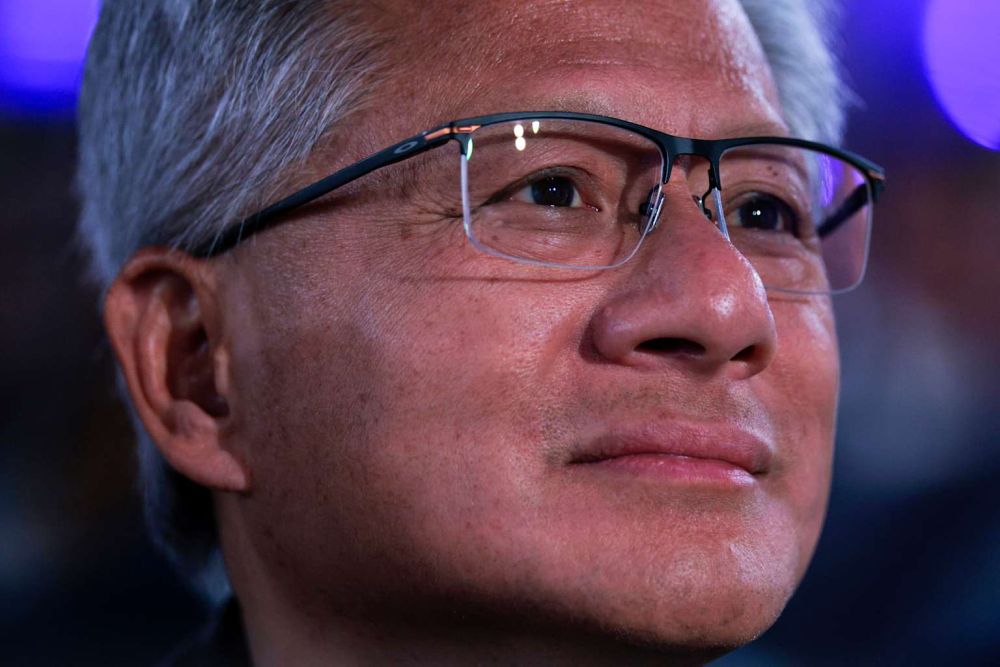Nvidia is developing a next-generation AI chip called the B30A, designed specifically for the Chinese market, that promises significantly higher performance than its current H20 model. Built on Nvidia’s Blackwell architecture, the single-die B30A chip will feature enhanced capabilities such as high-bandwidth memory and NVLink for rapid processor communication. This advancement aims to keep Nvidia competitive amid ongoing geopolitical tensions and export restrictions.

Despite regulatory pressures pushing Chinese tech firms toward domestic alternatives, demand for Nvidia’s AI processors remains strong. The H20 chip sales continue robustly due to domestic chips’ limited availability and performance gaps. Chinese companies actively seek to secure supplies of Nvidia’s products while watching the development of the B30A, which could debut commercially by early 2026 if U.S. export approvals are granted.

U.S. export regulations require careful navigation by Nvidia, including a notable agreement to remit 15% of H20 sales revenue to the U.S. government in exchange for licenses. CEO Jensen Huang has expressed optimism about maintaining and growing Nvidia’s market share in China, emphasizing the substantial revenue potential despite the challenges. China accounted for 13% of Nvidia’s revenue in the last fiscal year, underscoring the importance of the market to Nvidia’s global outlook.

As Huawei and other domestic companies ramp up chip development, Nvidia continues to adapt by tailoring products like the B30A for Chinese clients, balancing technological advancement with regulatory compliance. The company’s efforts highlight the complexities of competing in China’s huge AI chip market amid political and trade tensions, with the B30A positioned to play a crucial role in Nvidia’s China strategy moving forward.

#Nvidia #AIChip #China #B30A #Semiconductors #TechMarket #ChipDevelopment #USChinaTrade
